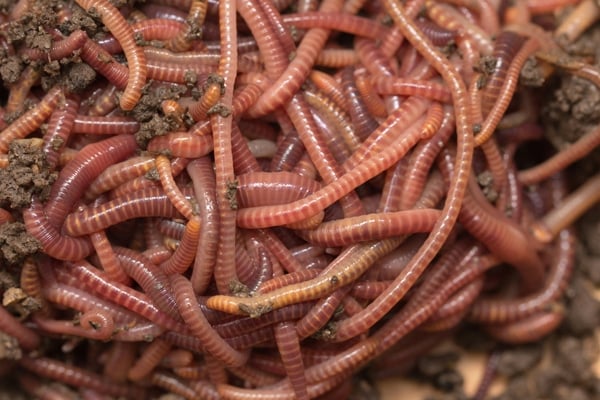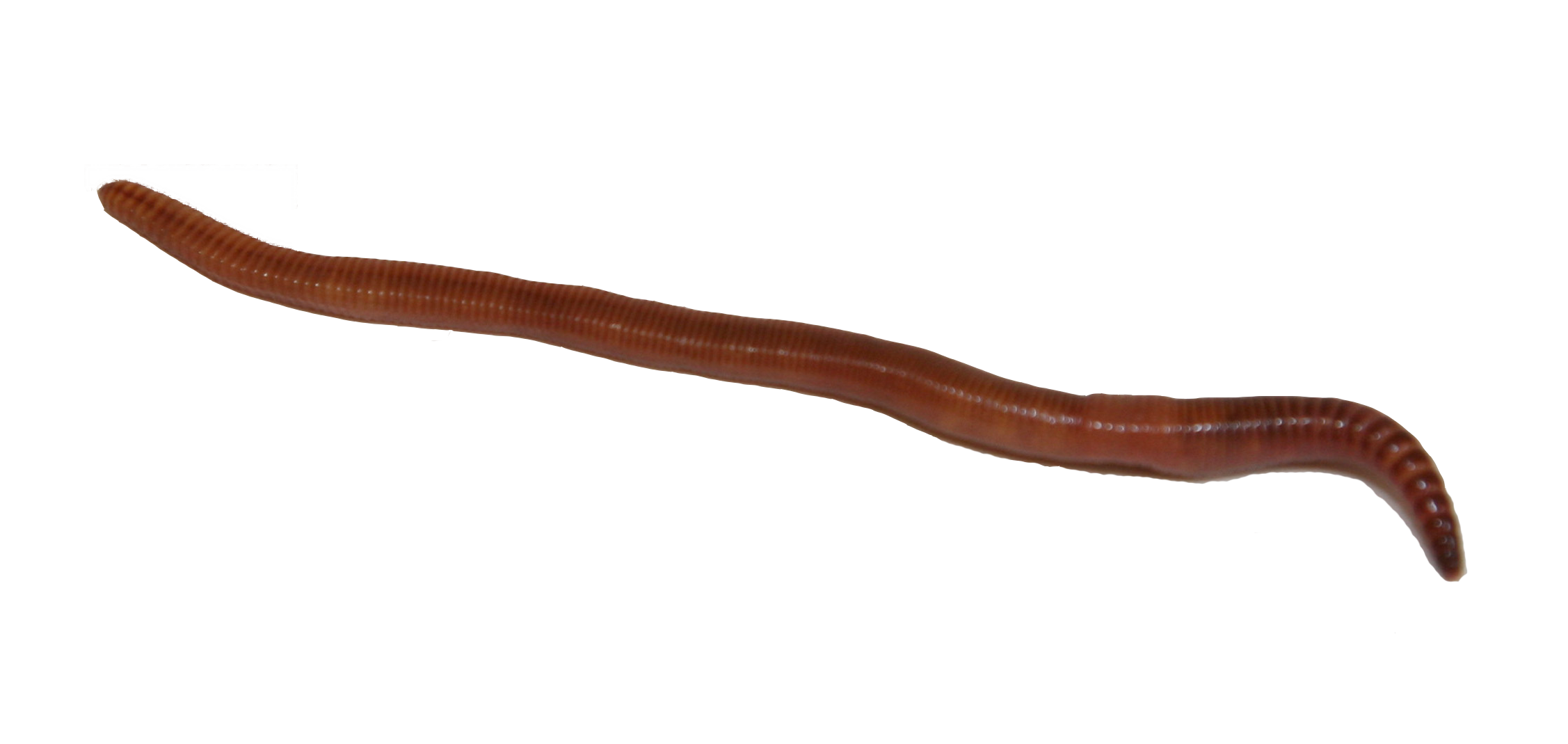The Duty of Red Wigglers in Lasting Gardening
The assimilation of red wigglers into lasting gardening methods supplies a compelling technique to boosting soil health and wellness and reducing organic waste. The ramifications of making use of red wigglers extend beyond plain composting; their role in shaping a much more lasting future warrants a deeper exploration of their benefits and sensible applications.
Understanding Red Wigglers
Red wigglers, clinically understood as Eisenia fetida, are a varieties of earthworm renowned for their role in sustainable gardening and composting methods - red wigglers. These worms grow in decomposing raw material, making them especially reliable in transforming kitchen scraps and yard waste into nutrient-rich compost. Unlike standard earthworms, red wigglers have a greater resistance for differing dampness degrees and can flourish in environments with abundant organic material
The environment preferences of red wigglers consist of moist, dark settings rich in natural content, such as garden compost containers or worm farms. Their eco-friendly role prolongs beyond composting; they are indispensable in aerating the dirt and facilitating nutrition biking, which ultimately adds to healthier garden ecological communities. red wigglers. Understanding the biology and actions of red wigglers is important for those looking for to implement efficient vermicomposting in lasting gardening
Advantages of Vermicomposting
Vermicomposting offers many benefits that enhance sustainable horticulture techniques and add to environmental health and wellness. Among the primary benefits is the improvement of natural waste into nutrient-rich compost, which enhances dirt framework and fertility. The spreadings produced by red wigglers are packed with helpful microbes and important nutrients, making them an exceptional all-natural plant food.
In addition, vermicomposting significantly decreases garbage dump waste. By drawing away cooking area scraps and backyard waste from landfills, this practice not only reduces methane discharges-- a potent greenhouse gas-- however likewise advertises a round economic situation, where waste is repurposed as a source.
An additional benefit is the improvement of dirt oygenation and drain (red wigglers). The burrowing task of red wigglers produces networks in the soil, enabling air and water to permeate more easily, thus fostering a healthier root system for plants
Moreover, vermicomposting can be done on a small range, making it obtainable for city garden enthusiasts and those with restricted area. This technique motivates environmental stewardship and awareness, as people come to be a lot more involved with their waste administration practices. Ultimately, vermicomposting stands for a lasting, effective, and environment-friendly method to gardening that profits both plants and the earth.
Exactly How to Start Vermicomposting
Beginning your very own vermicomposting system can be a satisfying venture that improves your sustainable horticulture methods. To begin, choose a suitable container, such as a plastic bin or wood box, with great drainage and air flow. The dimension will rely on the volume of kitchen scraps you create; a container of 10-14 gallons usually suffices for a house.
Following, prepare the bedding product. Shredded newspaper, cardboard, and coconut coir are excellent alternatives, offering a comfy environment for the red wigglers. Objective for a bed linens deepness of about 4-6 inches, which need to be moist yet not soggy.
Once the bedding is developed, present your worms. Red wigglers (Eisenia fetida) are one of the most suitable for composting. Begin with roughly one extra pound of worms for every 2-3 extra pounds of kitchen scraps weekly.
Begin including cooking area waste, preventing meat, milk, and oily foods, as these can attract parasites and create smells. Routinely check the bin's wetness degrees and temperature, ensuring it continues to be within the perfect variety for worm task. With these initial steps, you'll be well on see this site your means to creating nutrient-rich compost for your yard.
Keeping a Healthy Worm Container
A prospering worm container requires consistent treatment and focus to keep an optimal atmosphere for the red wigglers. Secret variables to keep track of include wetness degrees, temperature level, and food supply. Maintaining a wetness degree comparable to a wrung-out sponge is crucial; way too much water can bring about anaerobic problems, while also little can dry out the worms.
Temperature level is also crucial, as red wigglers flourish in a variety of 55 to 77 levels Fahrenheit. Extreme temperatures can worry the worms, possibly causing death. For that reason, putting the bin in a climate-controlled area or utilizing insulating products can aid control temperature level variations.

Lastly, oygenation is crucial. Frequently turning the bed linen and using a fork or shovel can protect against compaction and advertise airflow, making sure a healthy, growing atmosphere for the red wigglers. By adhering to these methods, gardeners can preserve a productive worm container that supports lasting horticulture efforts.
Influence on Soil Wellness
Enhancing soil wellness with using red wigglers is a fundamental facet of sustainable horticulture. These worms, recognized clinically as Eisenia fetida, play a crucial function in boosting soil framework and fertility. By eating raw material, red wigglers damage down complex products right into simpler substances, a procedure called vermicomposting. Completion product, worm spreadings, is rich in vital nutrients, consisting of nitrogen, phosphorus, and potassium, which are vital for plant growth.


Verdict
To conclude, red wigglers dramatically add to lasting horticulture with their efficient vermicomposting methods. Their capability to convert organic waste right into nutrient-rich garden compost improves soil fertility and supports a varied microbial ecological community. Their burrowing activity improves dirt oygenation and water retention, benefiting plant health. By advertising waste decrease and fostering a round economic situation, red wigglers become vital components in eco-friendly horticulture efforts, underscoring their vital function in environmental sustainability.
Comments on “Proven composting red wigglers: Expand your worm farm”